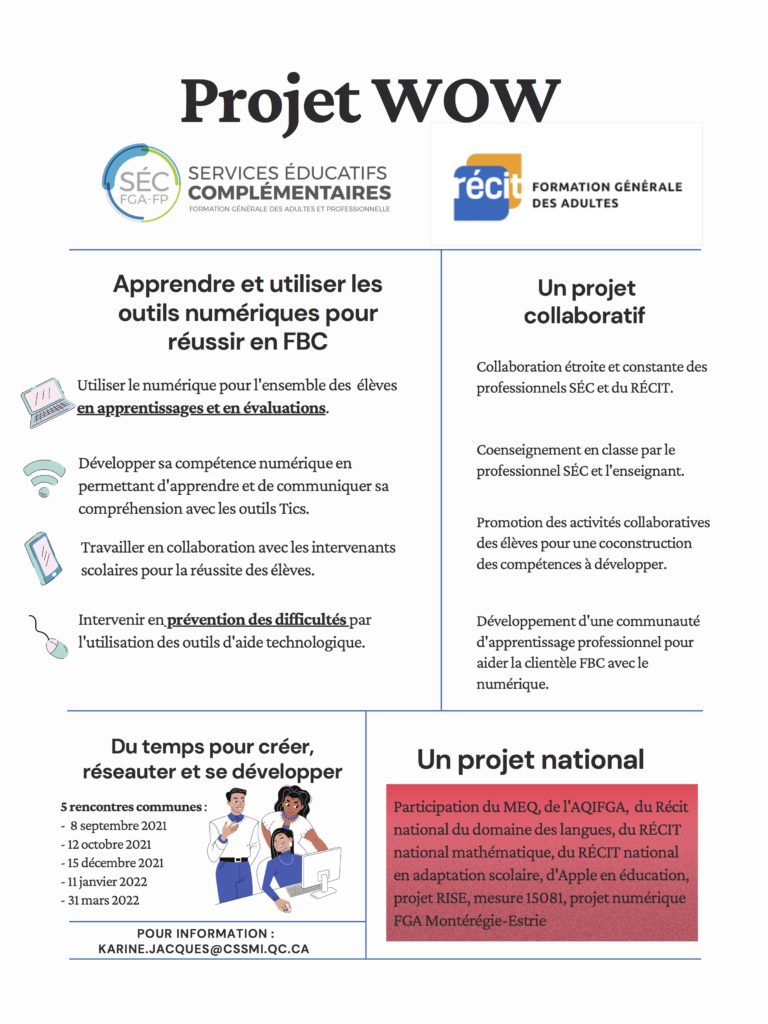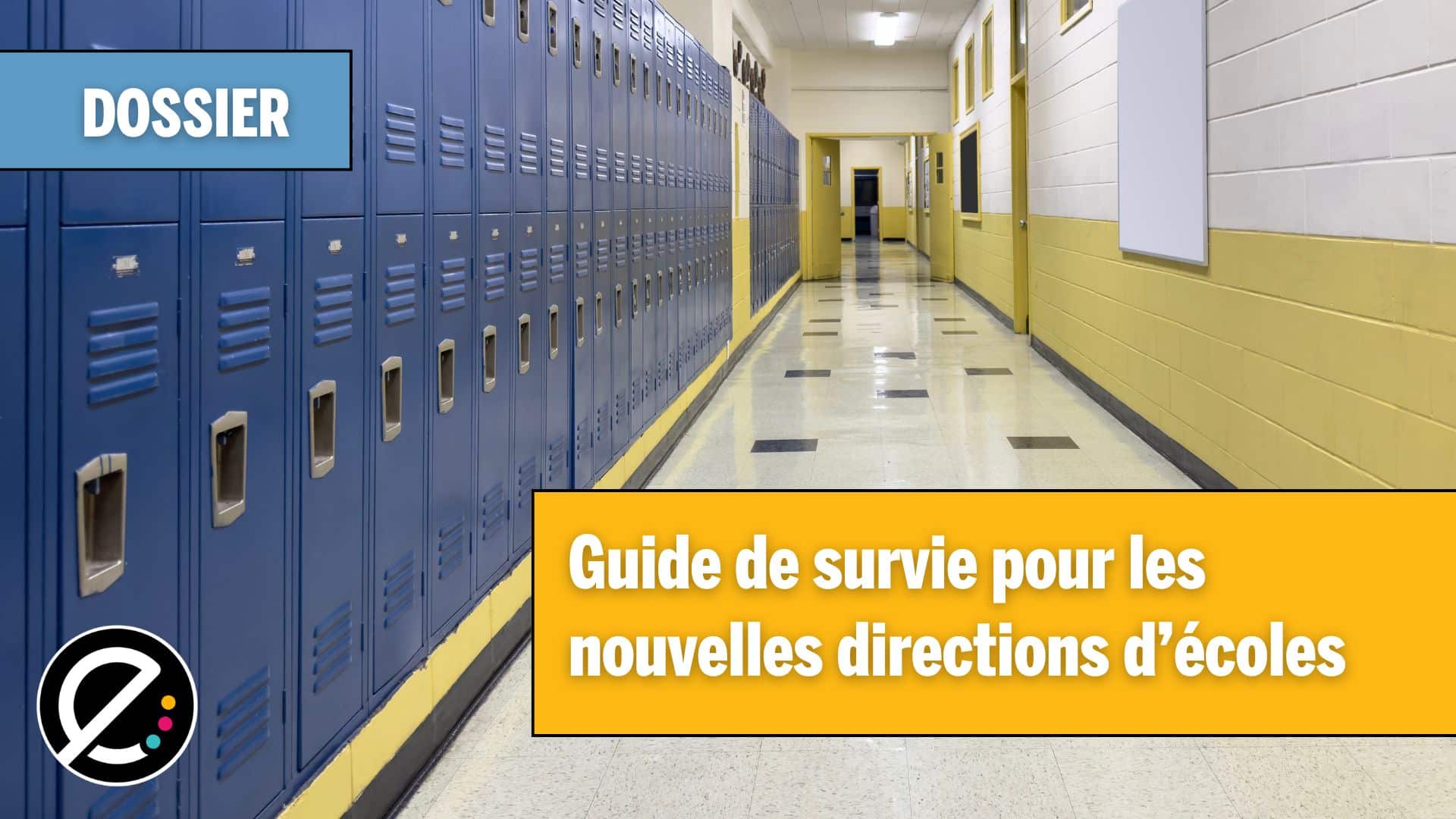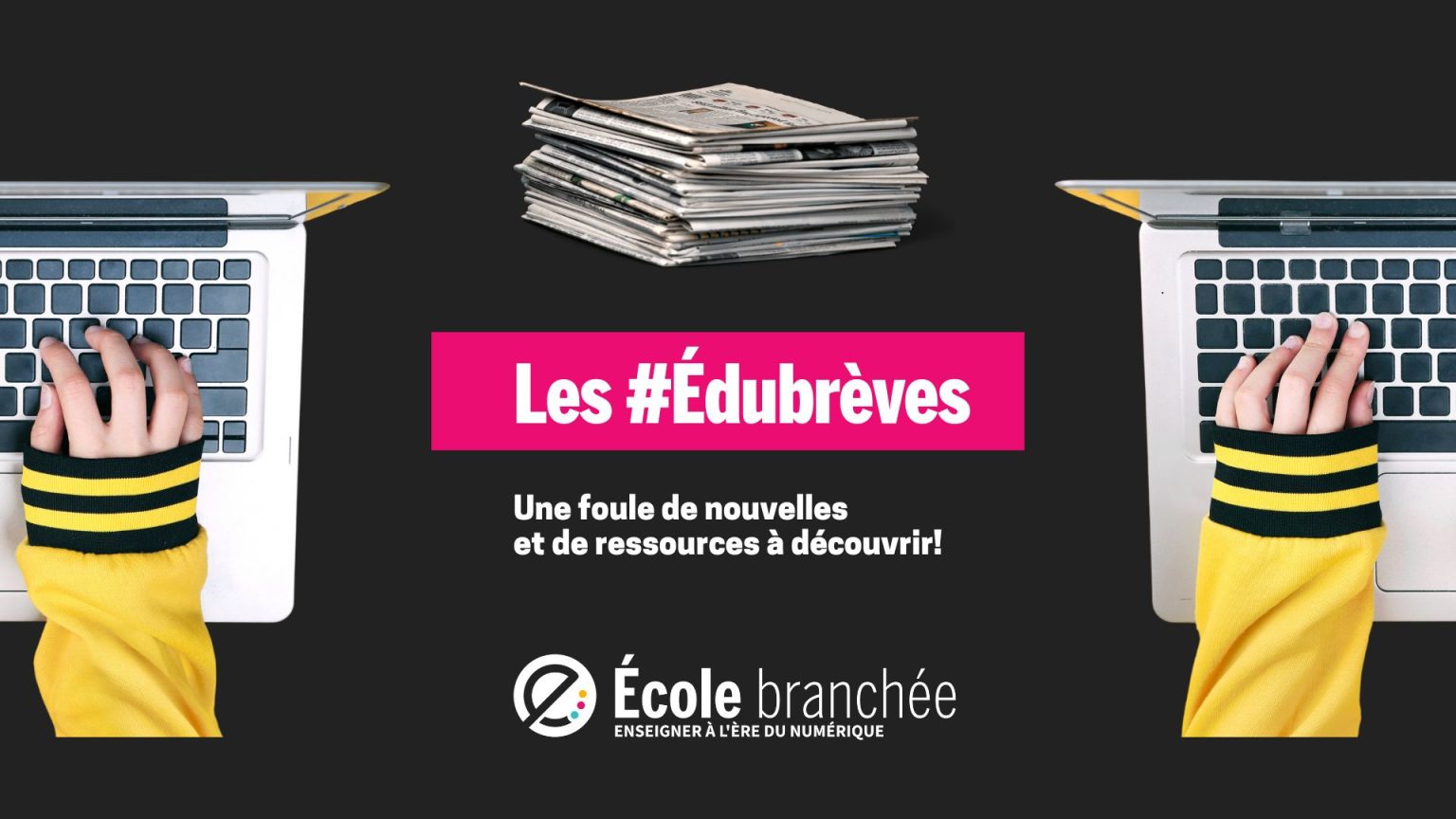Bien que les centres de formation générale aux adultes (FGA) accueillent plusieurs étudiants de moins de 18 ans en provenance du secteur jeunes, l’intégration des outils numériques, notamment les aides technologiques, est une pratique marginale. Karine Jacques, orthopédagogue, a initié un nouveau projet collaboratif pour sensibiliser les acteurs de la FGA.
La clientèle de la FGA est loin d’être homogène. Elle se compose d’adultes, bien sûr, mais également de jeunes, dont la majorité est en provenance des secteurs alternatifs, a quitté le secteur jeunes, souffre de déficience intellectuelle (ceux-ci doivent être scolarisés jusqu’à l’âge de 21 ans), etc. Plus de 30 % de la clientèle a moins de 19 ans et 50 % a moins de 25 ans, selon les données du ministère de l’Éducation. Il est facile d’imaginer que le parcours scolaire de ces étudiants a été difficile avant qu’ils arrivent en classe de FGA.
Karine Jacques est orthopédagogue depuis plusieurs années à la FGA. Elle a toujours eu un souci de continuité scolaire pour les étudiants qui arrivent des écoles secondaires, ce qui inclut un intérêt pour les outils d’aides technologiques utilisés par les élèves en difficulté d’apprentissage. Dès qu’elle a obtenu un poste de soutien pour l’ensemble des centres de formation de la province, elle a décidé de mettre en place un projet collaboratif afin de sensibiliser les intervenants de la FGA aux usages du numérique en classe et ainsi mieux soutenir les étudiants.
« De façon générale, les enseignants de la FGA ont peu de connaissance sur les troubles d’apprentissage et les outils technologiques. Le travail qui a été fait pour démocratiser ceux-ci dans les écoles primaires et secondaires n’est pas nécessairement rendu aux adultes. Alors, je souhaite aujourd’hui faire ma part en ce sens », explique Karine.
Ainsi, les outils d’aide technologique ne sont pas systématiquement utilisés. Et pour toutes sortes de raisons, les dossiers scolaires antérieurs des étudiants ne sont pas toujours accessibles. Parfois, les intervenants attendent que les étudiants aient connu des échecs avant de les autoriser. « On s’entend que plusieurs jeunes qui sont à la FGA ont déjà connu leur lot d’échecs. Je dis aux enseignants : “Go, laissez-les utiliser les outils. Enlevez les obstacles pour qu’ils connaissent des réussites!”. »
Le Projet WOW
Dans le cadre du projet WOW, elle a rassemblé des acteurs de la FGA (professionnels des services éducatifs complémentaires, conseillers pédagogiques, enseignants, conseillers du RÉCIT, etc.) provenant de six centres de services scolaires (voir liste ci-bas).
Cinq rencontres virtuelles auront eu lieu d’ici la fin de l’année scolaire. Des orthopédagogues et des conseillers RÉCIT feront aussi du coenseignement en classe avec des enseignants de la formation de base commune (FBC) (présecondaire et 1er cycle du secondaire). Enfin, un espace collaboratif numérique est à la disposition des participants.
Au-delà de l’utilisation des outils numériques pour les élèves, Mme Jacques espère, par le biais de ce projet, amener les intervenants scolaires des centres de formation aux adultes à collaborer ensemble, à partager leurs bons coups et leurs apprentissages entre eux. « On peut aussi amener les outils numériques pour l’enseignement et pas seulement pour l’apprentissage. Mais on y va une étape à la fois. »
Au total, 23 enseignants sont officiellement engagés dans le projet, qui a reçu un soutien financier du ministère de l’Éducation et d’autres partenaires (voir image ci-bas). Déjà, Mme Jacques constate un engouement et des enseignants ont démontré de l’intérêt pour joindre le groupe. Bien qu’ils ne puissent pas participer aux rencontres ou bénéficier du coenseignement, ils peuvent avoir accès aux documents et ressources développés, toujours dans un esprit de partage.
L’avenir du projet n’est pas assuré pour l’an prochain, mais Mme Jacques espère qu’il pourra se poursuivre. Ses objectifs sont clairs : « Intervenir en prévention des difficultés par l’utilisation des outils d’aide technologique et développer une communauté d’apprentissage professionnelle pour aider la clientèle FBC avec le numérique ».
Bon à savoir :
- Le RÉCIT FGA offre à sa clientèle du dépannage technopédagogique sans rendez-vous du lundi au vendredi de 9 h à 11 h. Il suffit de se connecter à la plateforme.
- Le Service national du RÉCIT de l’inclusion et de l’adaptation scolaire offre aussi aux intervenants scolaires québécois du soutien virtuel le mercredi de 8 h 30 à 12 h. Accédez directement avec Teams.
Les centres d’éducation aux adultes participants
- Centre St-Louis et Louis-Jolliet (CSS de la Capitale)
- Centre Val-des-Sources, Windsor et Magog (CSS des Sommets)
- Centre des Patriotes (CSS des Patriotes)
- Centre des Belles-Rives (CSS des Trois-Lacs)
- Centre du Nouvel-Envol et de Valleyfield (CSS de la Vallée-des-Tisserands)
- Centre Léon-Bloy (CSS des Grades-Seigneuries)
- New Horizons (Eastern Township School Board)







